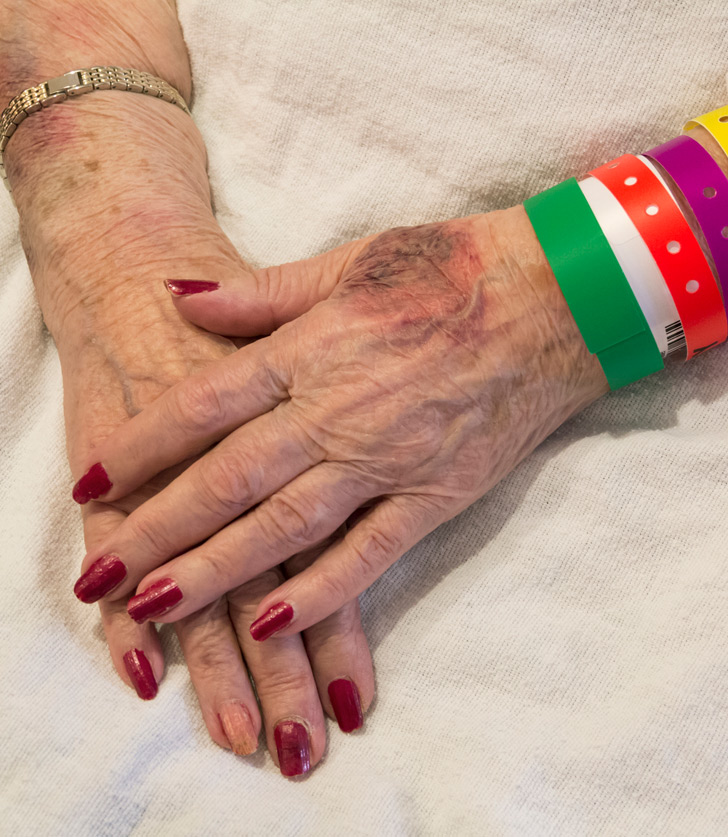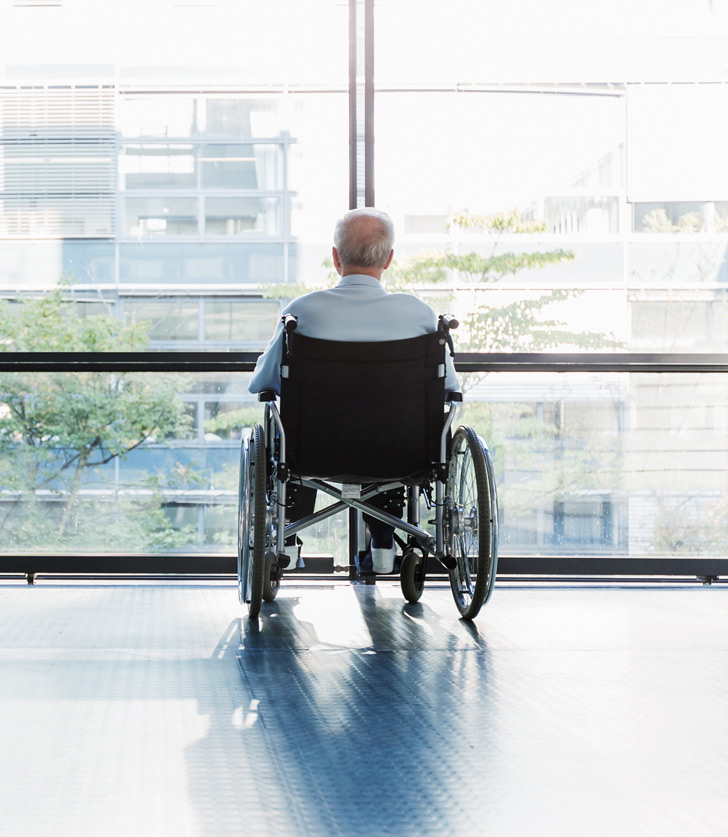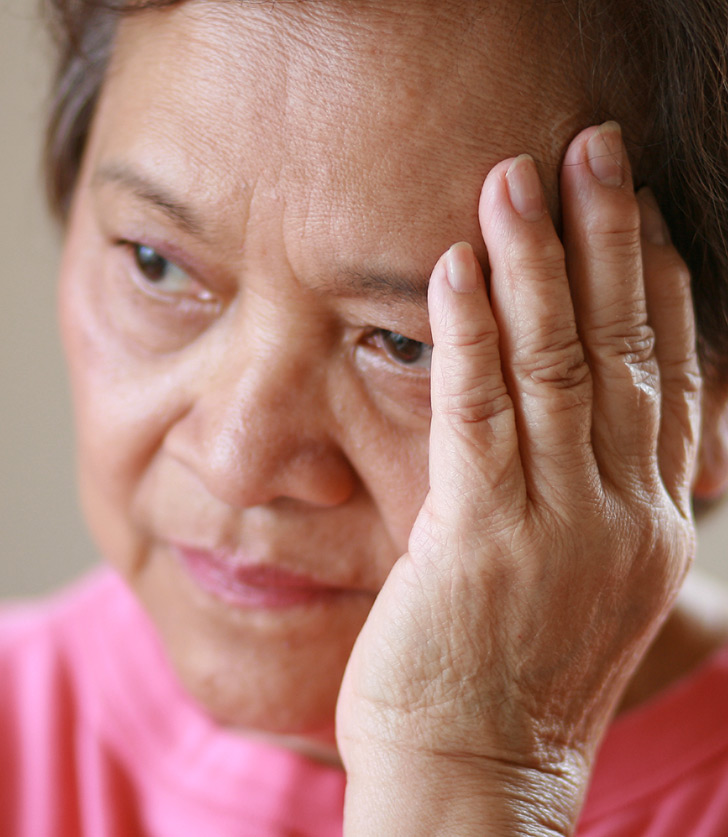
If you or someone close to you has been a victim of elder abuse, it's important that you know what your rights are.
Any act that subjects an elderly individual to emotional, sexual, or physical mistreatment is considered to be an act of elder abuse. There are also a range of additional things that fall under elder abuse. If you believe that you or a loved one has recently suffered from some form of elder abuse, a personal injury lawyer will be able to help you identify your legal options.
What Constitutes Elder Abuse?
Along with physical, emotional, and sexual abuse, acts of neglect, self-neglect, financial exploitation, and abandonment also classify as elder abuse. If you or someone close to you has been injured as a result of this abuse, you may have legal recourse to obtain compensation for any injuries. While many acts of elder abuse occur from a caregiver of the elderly individual, this type of law applies to any person who commits a negligent or intentional act that causes harm to a vulnerable adult. Many cases of elder abuse occur in nursing homes.
Warning Signs That Indicate Elder Abuse Is Happening
If you think that someone close to you is the victim of elder abuse, there are some warning signs that will help you determine if this is the case. The types of elder abuse that fall under personal injury law include physical abuse, neglect, and sexual abuse. With physical abuse, the primary warning signs include injuries like burns or bruises that can’t be explained. Frequent visits to a medical provider also indicate that elder abuse may be taking place. If the elderly individual is suffering from sexual abuse, possible warning signs include the development of a sexually transmitted disease, injuries to the body, and bleeding. Neglect usually results in the worsening of living conditions, which can bring about such health issues as skin ulcers and bedsores.


How Compensation Can Be Sought
While it’s possible for criminal charges to be sought in cases of elder abuse, many of these cases will instead fall under civil law, which means that damages can be sought from the individual who committed the abuse or the nursing home that was in charge of care for the elderly individual. Civil liability is handled solely at the state level and usually involves the filing of a personal injury lawsuit. The nursing home or caretaker that was in charge of your care may be liable for your injuries if they over-prescribed drugs or failed to provide an adequate level of care.
Standard acts of physical harm are also considered to be elder abuse and might even qualify for punitive damages. Most of the compensation for elder abuse incidents involves covering the expenses from medical bills and any emotional pain and suffering that has occurred from the injuries. Punitive damages take things a step further by actively punishing the caretaker or nursing home that was in charge of the elder person’s care at the time of the injury.
